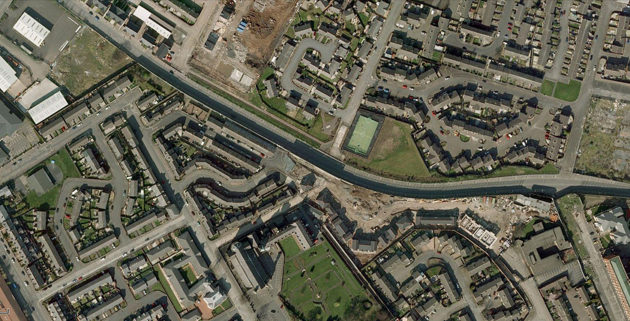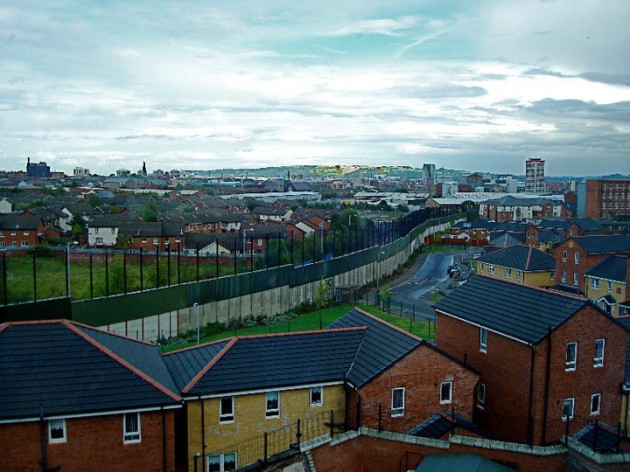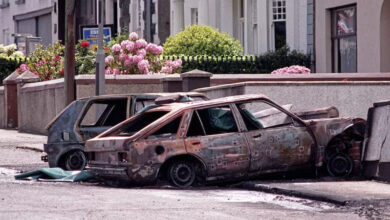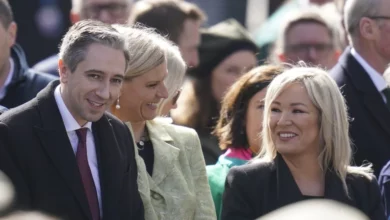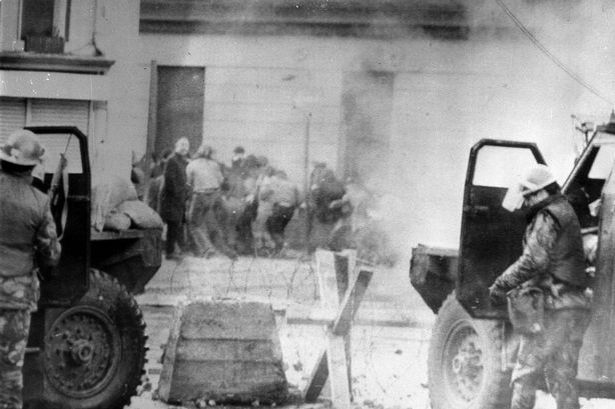Nordirlanda: costruire fiducia per abbattere le peaceline
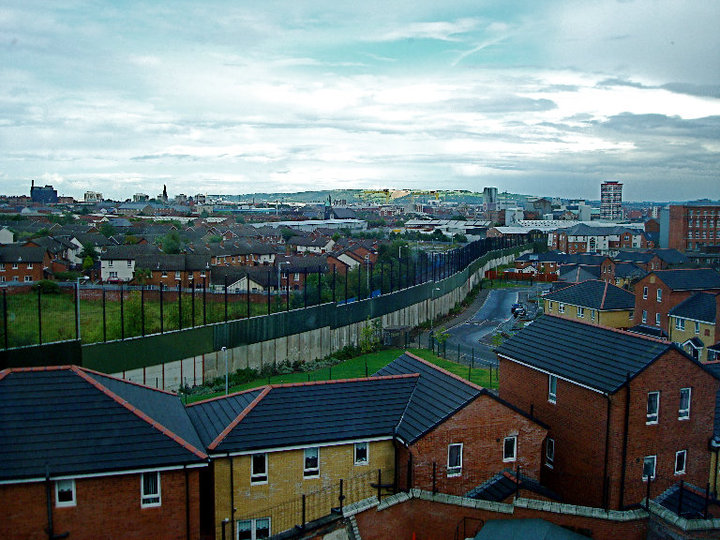
Peace walls can only come down when trust is built up
Community safety, confidence and cohesion are needed to unlock the physical barriers in interface areas, says Adrian Johnston
Physical barriers which divide interface communities are among the most visible symbols of community division in Northern Ireland.
Significant positive momentum for the removal of these physical barriers has been generated in recent years.
And yet there are still very real fears that their early removal could negatively impact upon the safety of residents and potentially de-stabilise the peace process.
Research last week from the University of Ulster underlined the extent of this concern; and with 69% of people who live in the shadow of so-called ‘peace walls’ believing they are still necessary, it is quite clear that much work remains to be done.
Visible progress can only be made when communities agree that the time is right and it is safe to begin taking down the barriers.
If this is to happen, communities must be allowed to come up with their own solutions and move at their own pace.
While there is a desire to move to a position where barriers can be removed, it is clear that local communities need support – particularly funding and political leadership.
The International Fund for Ireland (IFI) is providing financial support for a range of confidence- and relationship-building initiatives – both within and between communities.
The fund’s Peace Walls Programme aims to create the conditions where residents have the confidence to begin the journey towards the eventual removal of physical barriers.
The Peace Walls Programme is designed for communities that have expressed their willingness and readiness to begin building the levels of trust required before starting the process of engaging with statutory authorities about removing physical barriers.
The programme also aims to assist interface communities to lever financial and political investment from statutory authorities for any associated infrastructure and community regeneration needs when the physical barriers are removed.
Most importantly, and to support this aim, the Peace Walls Programme is working in collaboration with the statutory authorities tasked with managing the barriers – particularly the Department of Justice (DoJ).
The International Fund for Ireland recognises that Government departments and other funders need to work collaboratively, by sharing and linking initiatives, in order to ensure they are complementary and, thereby, more likely to achieve positive and sustainable outcomes for all.
While enormous progress has been made in recent years to secure a more peaceful and shared society in Northern Ireland, much work is still required to address the sectarian tensions that remain.
A greater focus on real and positive community transformation, rather than conflict management, is required to address some of the most significant remaining challenges to lasting peace – including the removal of physical barriers.
The Peace Walls Programme is designed to provide a collaborative intervention model to assist local residents and statutory authorities to make progress towards the removal of physical barriers.
The programme also aims to establish a successful template for this type of intervention, which can then be used by others when the fund ceases to exist.
Those interface communities currently engaged in the Peace Walls Programme will be undertaking an intensive and inclusive range of community engagement activities.
I would encourage everyone with an interest in finding a genuine and equitable solution to get involved – particularly interface residents themselves, political representatives and statutory authorities.
